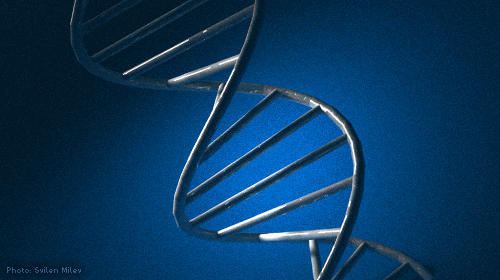
The Supreme Court's 5-4 decision upholding Maryland's arrestee DNA testing law is a serious blow to genetic privacy. The ruling allows the police to seize the DNA of innocent Americans who have never been convicted of any sort of crime, without a search warrant. And as Justice Scalia makes clear in his scathing dissent, the majority opinion goes against decades of precedent that makes it clear that the police cannot search an individual for evidence of a crime (and that's clearly what they are doing here) without a specific reason to think that the search will actually uncover some evidence.
The majority opinion also largely ignores the real-world technological limits on the way that the police can actually use DNA. For example, the police identified Mr. King using fingerprints as soon as they arrested him, but it then took them more than three months even to upload his DNA into the state database; these types of delays are common because of huge evidence backlogs (the government admits that the average delay is about a month). But the Court says that the police are using arrestee testing to determine who they have arrested. This, in Justice Scalia's colorful words, "taxes the credulity of the credulous." And the Court supports its conclusion that taking DNA at arrest, instead of getting a search warrant or taking it from people who are actually convicted of a crime, is useful by citing law enforcement press releases dressed up as "studies," even though any inspection of these so-called studies shows that they do not support the government's own claims, as the ACLU pointed out in its brief to the Court (see pp. 26-31).
Finally, it refuses even to acknowledge that letting the police stick a swab into your mouth to take a sample of your DNA, to be analyzed and included in a massive criminal databank, is any different from taking a fingerprint or even looking at a gang member's tattoos. But as we all know, DNA is fundamentally different – it is our genetic blueprint. We can only hope that a future Court will do what Justice Scalia suggests in his dissent, and overturn this unfortunate decision.
What does this mean for California and other states?
But, for now at least, King is the law of the land, and Maryland's statute stands. But it is important to remember that Maryland's law is very different from the laws of other states. As the Court repeatedly emphasized, it only allows the police to seize DNA from people who have been arrested and charged with very serious crimes, and the government can only test the DNA samples of those people who have actually been charged with a crime and only after a judge has found that there is probable cause to think the person has actually committed a crime. Other states' laws, in contrast, allow the police to take DNA from people merely arrested for much less serious crimes (in California, simple drug possession, joyriding, or intentionally bouncing a check are enough; the federal government can take your DNA if you get arrested for letting your dog off-leash on federal land). And these laws also allow the government to analyze that DNA sample even if you are never charged with a crime or if a judge decides that there is no reason to think you have ever committed a crime in the first place.
The ACLU of Northern California will press ahead in , our challenge to California's much-broader law. We hope that the Courts will recognize that, despite today's unfortunate decision, these much broader laws violate our fundamental rights to privacy and the Fourth Amendment's command that "the right of the people to be secure in their persons, houses, papers, and effects, against unreasonable searches and seizures, shall not be violated." A single police officer's decision to arrest a person for a minor offense should not justify this intrusion into genetic privacy.
Learn more about DNA collection and other civil liberty issues: Sign up for breaking news alerts, , and .
